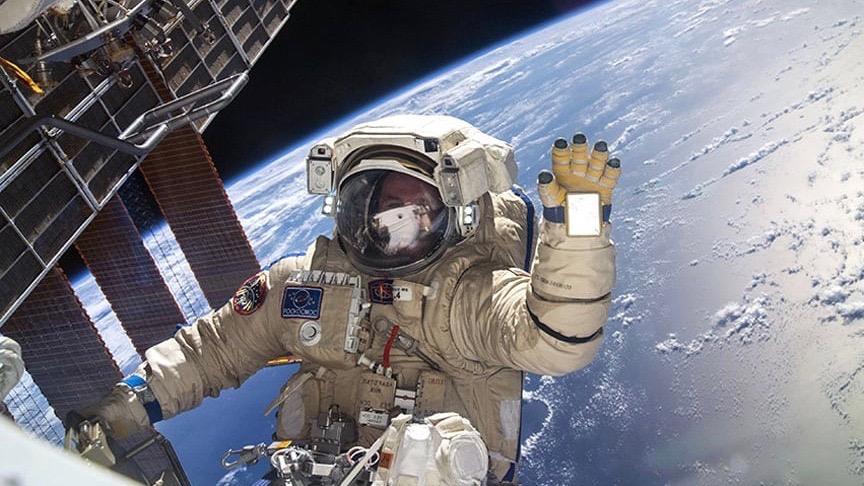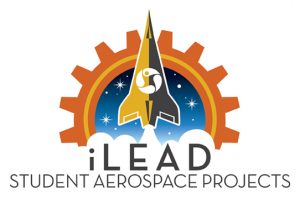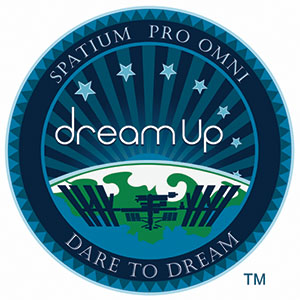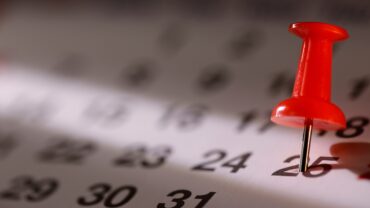DreamUp Projects Headed to International Space Station

 We are thrilled to announce the teams selected for flight in the 2019 DreamUp to Space challenge, representing learners from iLEAD Agua Dulce, iLEAD Lancaster, and SCVi. These are the experiments that will head to the International Space Station (ISS) this fall. Proposals and videos from the top 9 finalists were reviewed by an independent panel of science and space experts.
We are thrilled to announce the teams selected for flight in the 2019 DreamUp to Space challenge, representing learners from iLEAD Agua Dulce, iLEAD Lancaster, and SCVi. These are the experiments that will head to the International Space Station (ISS) this fall. Proposals and videos from the top 9 finalists were reviewed by an independent panel of science and space experts.
The three teams selected for flight aboard the ISS are:
“What is the Effect of Microgravity on Mycelium?” (SCVi, 11th grade)
- Team Members: Brayden Hall, Connor Raskin, Mario Robles, Adam Simpson (Click here to see the team’s video pitch)
“What is the Effect of Microgravity on Ulva Lactuca?” (SCVi, 4th/5th grade)
- Charlie Halvorsen, Gabriel Olmos, Maliah Sanmarti, Skye Van Verseveld (Click here to see the team’s video pitch.)
“What is the Effect of Microgravity on Aloe Vera?” (Agua Dulce 5th/6th grade, Lancaster 6th grade)
- iLEAD Agua Dulce learners Cody Anderson, Leo Cuellar, Samantha Diem, and Kaylee Pippin
- iLEAD Lancaster learners Brianna Angel, Ana Lopez Barahona, Mariana Lopez, Estrella Perez, Uriah Mack, and Lizette Monze Trujillo
- Click to see the video pitches from Agua Dulce and Lancaster.
The assessor team concluded that, given the similarities, both Aloe Vera teams have been selected and should merge and work together to optimize their experiment. This is common practice within the science community, collaborating to produce best results.
 “We are so impressed with the innovation and creativity across all of the applicants, so this final decision was extremely difficult,” said Carie Lemack, CEO of DreamUp (click for bio). “The assessor team is excited that the three selected teams have the opportunity to see their research take place in microgravity!”
“We are so impressed with the innovation and creativity across all of the applicants, so this final decision was extremely difficult,” said Carie Lemack, CEO of DreamUp (click for bio). “The assessor team is excited that the three selected teams have the opportunity to see their research take place in microgravity!”
Consideration for the selection included the teams’ written proposals, their video submissions, and their responses to questions regarding how they will use this opportunity to share with the community.
“All the proposed experiments tackle questions that can be applied to long term human space exploration and colonization,” said Dr. Jacob Cohen, Chief Scientist, NASA Ames (click for bio). “As is common with all flight experiments, prior to launch, ground optimization of the experimental protocol is critical for execution and interpretation of the data derived from the flight experiment.”
The specific launch vehicle is still to be determined, but anticipated arrival on the ISS is this fall.
Kathleen Fredette, iLEAD’s Director of STEAM Initiatives said: “I couldn’t be prouder of the hard work and dedication that all of our semi-finalists and finalists displayed, and the leadership demonstrated by our amazing facilitators! Throughout history, only a select few have the opportunity to be included in science happening on the International Space Station, and our learners are actually part of this inspiring work! This is exactly why STEAM education is so vital and why iLEAD Schools is committed to projects of this nature. We honor all of you today and encourage you to continue to follow your dreams and goals, knowing this was a stepping stone to the next awesome thing you will do!”
RECENT POSTS

iLEAD Lancaster Minimum Days: September 11, 15, 25
iLEAD Antelope Lancaster families, please mark your calendar for minimum days on the following dates. Thursday, September 11 Monday, September 15 Thursday, September 25 These minimum days provide the time… Read more

iLEAD Lancaster Valet Procedures
In an effort to keep iLEAD Lancaster learners, families, and staff safe, please remember to follow these drop-off and pick-up procedures: Drop-off for your child is at 7:45 AM and… Read more

Stay Connected to iLEAD Lancaster with ParentSquare
iLEAD Lancaster uses ParentSquare for school-to-home communications. Here’s what you can do with ParentSquare: Receive messages from the school via email, text, or app notification. (Download the iOS App or Android… Read more


